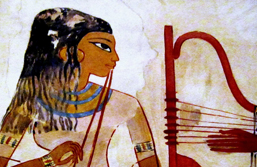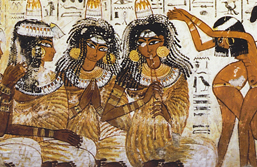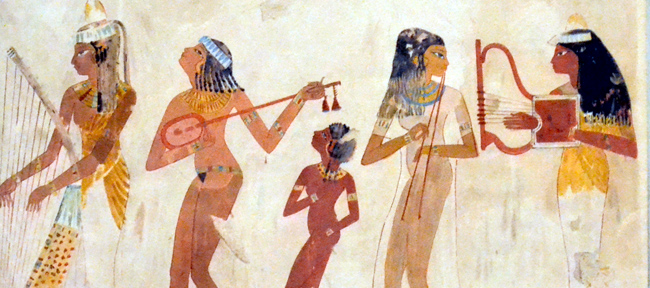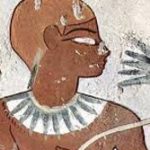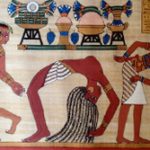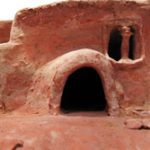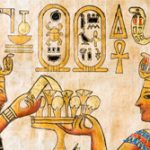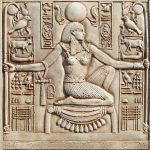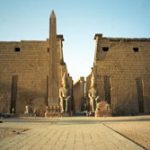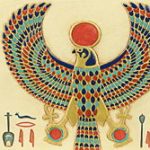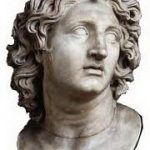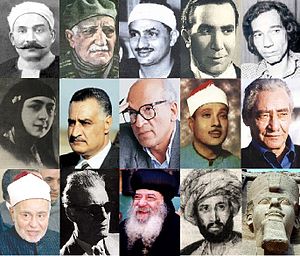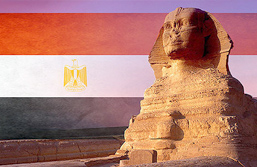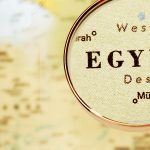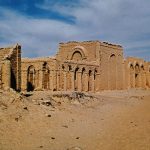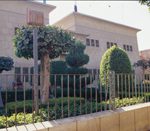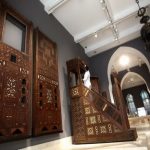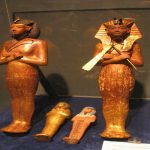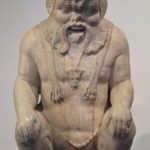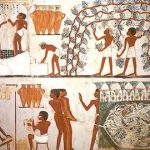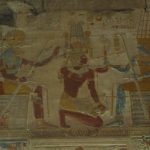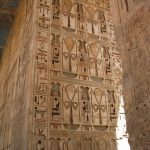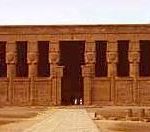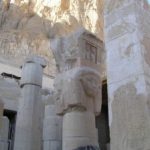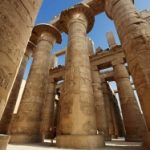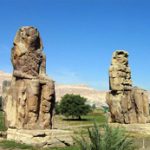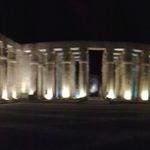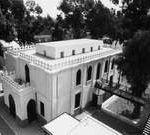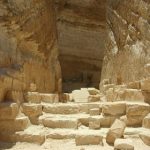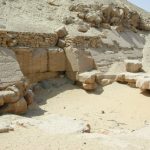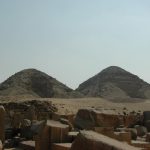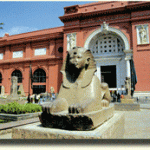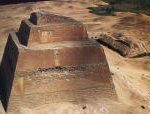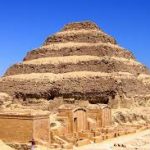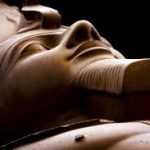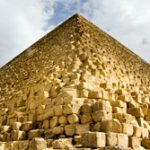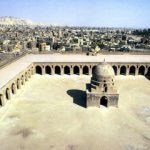Music was an important part of the life of the people in ancient Egypt and musicians during this time were offered a number of prominent positions in society. Music was very central to the way of life, which can be easily seen from the many texts and illustrations which were found on the monuments in Egypt including temples, palaces, workshops, farms, battlefield remnants and tombs. Music was also very important while performing religious rituals and gods were dedicated specifically to music like Hathor and Bas who were also linked to dance, fertility, and childbirth.

Music in all its forms, from simple clapping, singing or playing instruments to advanced orchestral music a very crucial role in ancient Egyptian life. Music could be heard in temples as a part of worship, during processions and holidays, at celebrations and parties. Also, music was played after sunset in the evenings when the light had become too low to do any work and people continued to sit together for awhile. Music also had economic importance in Egyptian history, for example, the otherwise boring drudgery was made more bearable by chanting or by listening to music, making workers more efficient.
Musical Instruments
Ancient Egyptian musical instruments were well developed and varied. The ancient Egyptian period had all major kinds of musical instruments including wind instruments, percussion instruments, and stringed instruments. The percussions instruments covered hand-held drums, rattles, castanets, bells, and the sistrum–a highly important rattle used in religious worship. Hand clapping was also used as rhythmic accompaniment. Wind instruments, on the other hand consisted of double and single flutes with reed and without reed flutes as well as trumpets.
Stringed instruments included harps, lyres, and lutes–plucked rather than played with a bow. Musical instruments in ancient Egypt were inscribed with the one who owned them and were often adorned with representations of the goddess Hathor and the god Bes who were deities of music. Also, both male and female singers formed a prominent part of musical performances in Egypt during this period.
Professional Musicians
The professional musicians played and sang at many social events organized in ancient Egypt. The temple musicians were the ones who held the highest positions as well as women who performed on behalf of a particular god or goddess. Musicians who were associated with the royal family also enjoyed a hig
h status in society. Also, there were some gifted singers and harp players. Meanwhile, musicians who acted as entertainers for celebrations and festivals were considered a little lower in social status and were frequently accompanied by dancers. Informal signing could be seen in the scenes of workers at the workers tombs as well, showing how central music was to every part of ancient Egyptian life, although evidence of amateur musicians during this time is almost nonexistent and it’s doubtful that musical achievement was seen as a desirable goal for individuals who were not professionals.

